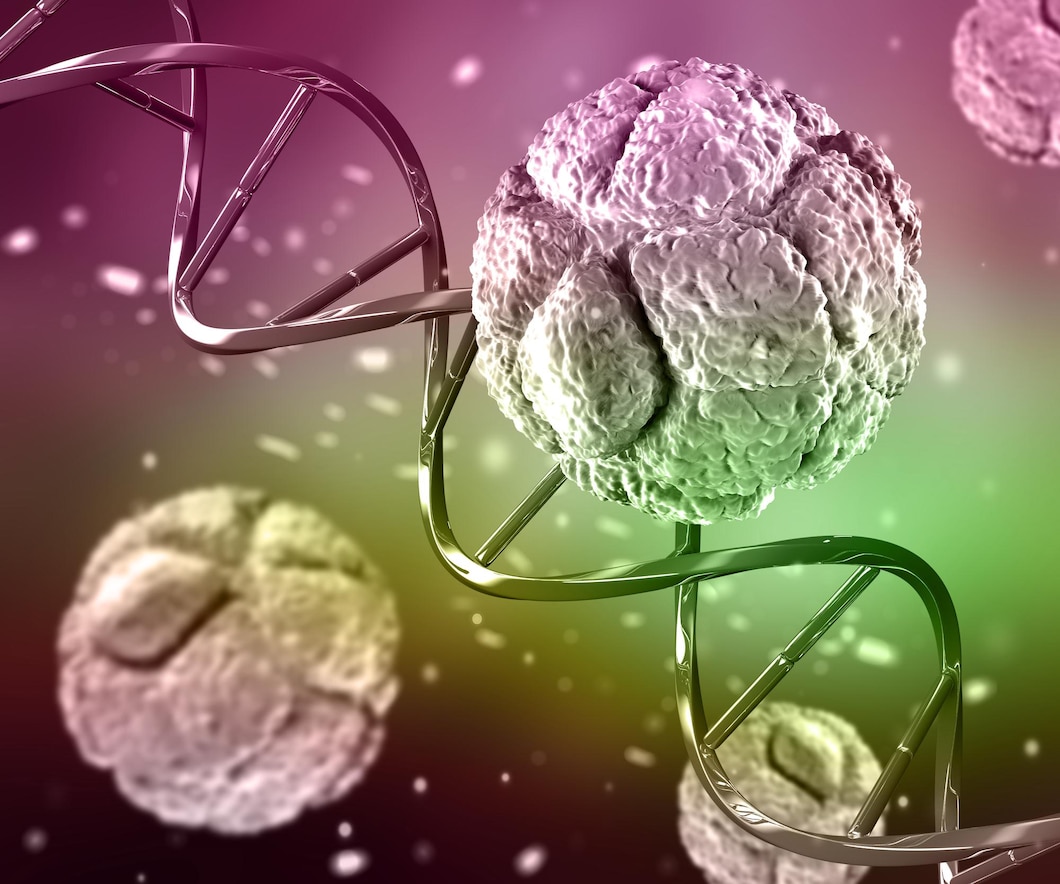
Sponsored article
Many natural compounds are influential in the realm of alternative medicine, one of which is amygdalin. Known for its controversial stand in cancer treatment, this compound elicited both interest and skepticism in the medical community. This article aims to delve deeper into the world of amygdalin, its potential as an alternative cancer treatment, and the safety implications that come with its usage.
Amygdalin, often referred to as laetrile, is a natural compound found in various food sources known for its controversial implications in health. Primarily sourced from apricot seeds, almonds, and other fruits, these laetrile-rich foods are garnering attention for their potential medicinal uses. Despite the intrigue, it’s crucial to approach with caution due to conflicting research surrounding its safety and efficacy.
The interest surrounding amygdalin stems largely from its proposed anti-cancer properties. While certain proponents tout amygdalin as a possible weapon against cancer, the scientific community remain divided. Strict regulations over its use and sale further underline the compound’s contentious nature. Integral to understanding the sources of amygdalin and its potential impacts, is recognizing this ongoing debate.
A potential breakthrough in cancer treatment may lay hidden in the controversial component of apricot kernels, widely known as Amygdalin or B17 vitamin. Numerous research studies have investigated its anticancer potential, resulting in a divisive scientific debate. Some argue that Amygdalin, introduced into a daily diet, may potentially stop the spread of cancerous cells. This stems from observations that populations consuming amygdalin-rich foods display lower cancer rates.
However, the effectiveness of Amygdalin as a standalone cancer treatment remains in question. Some research indicates positive results, but overall, the scientific community remains conflicted. An individual’s response to Amygdalin often varies widely, implying there still exists an immense scope for future investigation into how this controversial B17 vitamin can become a powerful ally in cancer treatment.
Amygdalin, frequently discussed in the context of alternative cancer therapies, carries several safety considerations to be cognizant of. It is critical to understand the potential side effects, including nausea, fever, headaches, and a potential risk of cyanide toxicity. Even when considering its potential benefits in cancer treatment, its safety profile should remain in sharp focus.
Amygdalin’s safe dosages have not been definitively established. Therefore, users should exercise inherent caution. The well-intentioned use of Amygdalin in cancer treatment scenario might result in unforeseen repercussions. In conclusion, it is vital for patients and healthcare professionals to be sensitized regarding the safety implications of Amygdalin to ensure its judicious, risk-monitored use.